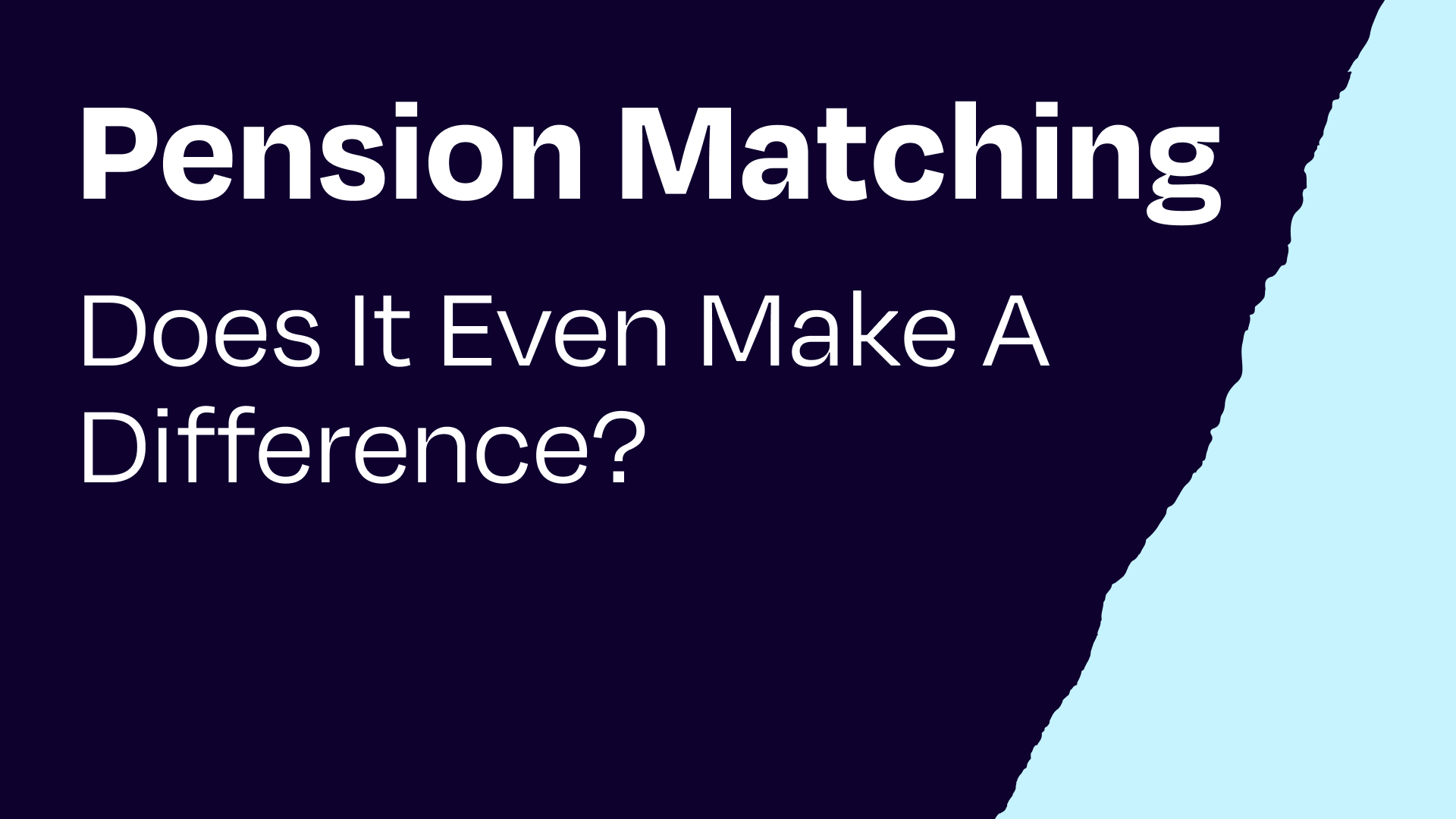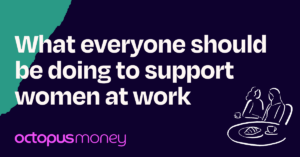This article is part of a series called Rethinking Rewards. We’re inviting experts to question the assumptions behind some of the most common workplace perks.
Employees do not appreciate enhanced pension matching – despite it being an expensive and valuable perk – a recent study suggests.
Octopus MoneyCoach asked employees who work for FTSE 50 firms how satisfied they were with their benefits package. Surprisingly, there was no difference between those who were offered enhanced matching and those who weren’t. In both scenarios, 78% said they were “somewhat satisfied” or “very satisfied”.
Employers often assume matching employee pension contributions increases talent recruitment, engagement and retention. And with auto-enrolment levels fairly low, offering an extra pension payment feels like a responsible gesture. The benefit has the power to boost a worker’s pension, and improve their lifestyle in retirement.
While the minimum total amount paid into an employee’s pension under auto-enrolment is 8%, some employers pay in far more. In some cases, the total employee / employer / tax relief combination exceeds 20%. Particularly generous companies offer double matching: the worker puts in 5%, and the employer pays 10%.
So why does it seem employees don’t value this benefit? Pension experts are quick to point out that this is one of the best perks you can get; effectively free cash from your boss, which gets more free cash on top (courtesy of tax relief).
They are also unanimous when they say matching must be accompanied by good communication.
“Matching can make a difference provided it is communicated well,” notes Michelle Cracknell, the former head of the Pensions Advisory Service. “Good communication will produce better outcomes. Good communication is listening to make the communication relevant to the member. Pensions schemes communicate often and most communications are so verbose that it turns people off.”
Matching normally involves two communication channels, from the HR team and the pension scheme. But the messages need to be clear, targeted and complementary to each other.
Shah Abbasi, head of coaching at Octopus MoneyCoach, suspects some workplaces don’t communicate pension matching very well. “As a coach, our top tip is if you can afford it, take advantage of that free money from your employer.”
According to Henry Tapper, founder of pensions firm AgeWage, matching can create a two-tier system. “Too often, incentive-type plans rely on intellectual expertise. The people who take up matching are smart. Those who don’t either don’t have the money to match, or are insufficiently financially engaged to work out that 1 + 1 = 2, of which there are an awful lot. Those people just never stop and think about it. And that’s the problem.”
Tapper says HR directors want to reward those people who are smart, because they’re good employees – “but that shouldn’t be at the expense of those people who are dumb”.
Again, this comes back to communication. Ensuring all staff hear the message, and understand it, is key. This may also play a part in a company meeting its diversity and inclusion targets.
Maike Currie, investment director at Fidelity International, comments: “To help employees truly grasp the value of matching, the engagement programme is vital. Creating an understanding through regular emails, educational webinars, interactive tools and video content helps build employee awareness.”


